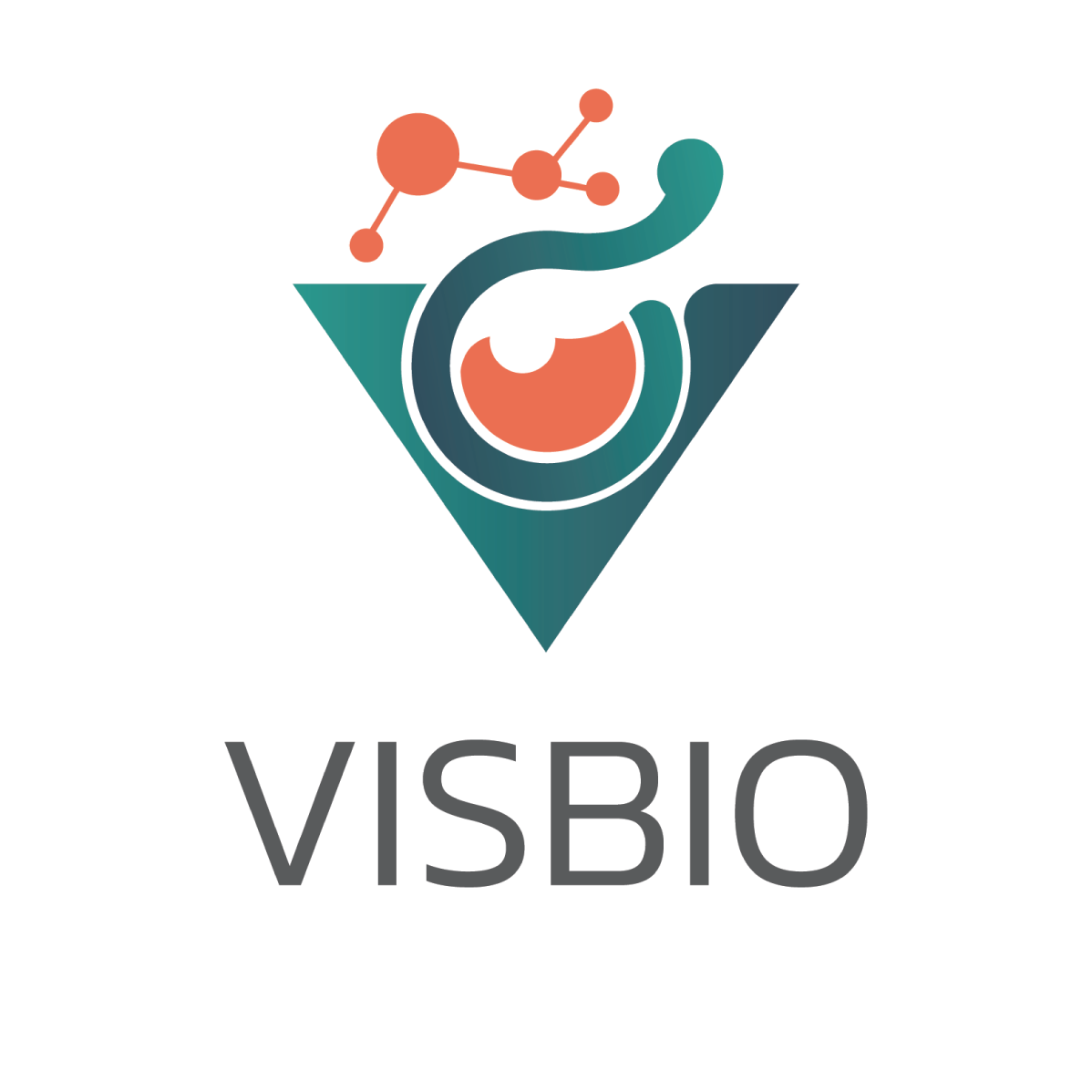Natural products have always been a valuable source of therapeutic agents, particularly in the fight against cancer and oxidative stress-related diseases. Among the diverse array of organisms that produce bioactive compounds, fungi like Xylaria species have gained attention for their potential in drug discovery. Xylaria species, often found associated with termite nests, produce a wide range of secondary metabolites with notable antioxidant and anti-cancer activities. Antioxidants play a crucial role in neutralizing free radicals, preventing oxidative damage to cells, while anti-cancer agents inhibit the proliferation of cancer cells or induce cell death.
In a recent study titled “Antioxidant Activity and Cytotoxicity against Cancer Cell Lines of the Extracts from Novel Xylaria Species Associated with Termite Nests and LC-MS Analysis,” researchers, including Associate Professor Dr. Kiattawee Choowongkomon, explored the antioxidant and anti-cancer potential of extracts derived from novel Xylaria species. The study used LC-MS analysis to identify key bioactive compounds responsible for these effects, demonstrating that Xylaria extracts exhibit significant cytotoxicity against various cancer cell lines and strong antioxidant activity, suggesting their potential for development as natural therapeutic agents.
Antioxidant Properties of Xylaria Species Extracts
Oxidative stress, caused by an imbalance between free radicals and the body’s ability to neutralize them, is a major contributor to chronic diseases, including cancer, cardiovascular disorders, and neurodegenerative diseases. Antioxidants are molecules that neutralize free radicals, reducing oxidative stress and preventing cell damage. In this study, extracts from Xylaria species showed potent antioxidant activity, which was evaluated using several assays, including DPPH radical scavenging and ABTS assays.

The study revealed that the Xylaria extracts exhibited strong antioxidant activity comparable to standard antioxidants, such as vitamin C and quercetin. This antioxidant effect is attributed to the high content of flavonoids and polyphenolic compounds, which are known for their ability to neutralize free radicals and reduce oxidative damage. These findings suggest that the antioxidant-rich extracts from Xylaria species could be used as natural supplements or incorporated into pharmaceutical formulations to combat oxidative stress and related diseases.

Anti-Cancer Activity: Cytotoxic Effects on Multiple Cancer Cell Lines
In addition to their antioxidant properties, the extracts from Xylaria species demonstrated significant cytotoxicity against a variety of cancer cell lines, including lung, liver, and cervical cancer cells. The study used MTT assays and flow cytometry to assess the ability of these extracts to inhibit cancer cell growth and induce apoptosis (programmed cell death). The results showed that the Xylaria extracts were highly effective in reducing the viability of cancer cells, with dose-dependent cytotoxicity observed across all tested cell lines.
The presence of bioactive compounds, including steroids, flavonoids, and polyphenols, was identified through LC-MS analysis, which provided insights into the molecular mechanisms driving the anti-cancer effects. These compounds are known to interfere with cancer cell proliferation, induce cell cycle arrest, and trigger apoptosis. The study highlighted that the extracts’ cytotoxicity was particularly pronounced against lung and liver cancer cells, suggesting that Xylaria extracts could be developed as potential treatments for these types of cancer.
LC-MS Analysis: Identifying Bioactive Compounds
To further explore the bioactive potential of the Xylaria extracts, the study employed liquid chromatography-mass spectrometry (LC-MS) to identify the chemical compounds responsible for the observed antioxidant and cytotoxic activities. LC-MS analysis revealed the presence of key bioactive molecules, including flavonoids, polyphenols, and steroids, all of which are known for their antioxidant and anti-cancer properties.


Natural Cancer Treatment: A Promising Role for Fungi-Derived Compounds
The discovery of bioactive compounds from Xylaria species that exhibit both antioxidant and anti-cancer activity highlights the therapeutic potential of fungi-derived compounds in natural cancer treatment. The ability of these extracts to reduce oxidative stress and induce cytotoxicity in cancer cells positions them as attractive candidates for further development into natural anti-cancer therapies.
The fact that these extracts are derived from fungi associated with termite nests adds to their uniqueness, as termite nests are known to harbor diverse microbial species that produce a wide range of secondary metabolites. The results of this study underscore the importance of exploring novel natural sources for therapeutic compounds, particularly in the search for natural cancer treatments that are both effective and safe.
What Does This Natural Anti-Cancer Treatment Mean for Your Business?
For companies in the pharmaceutical, biotechnology, and nutraceutical industries, the discovery of bioactive compounds from Xylaria species offers exciting business opportunities. The increasing demand for natural cancer treatments and antioxidant supplements highlights the potential for developing Xylaria-based products as part of a growing market for natural health solutions.
The potent antioxidant and cytotoxic effects of the Xylaria extracts make them attractive candidates for development into pharmaceutical formulations targeting cancer and oxidative stress-related diseases. By collaborating with research teams like Dr. Kiattawee’s, companies can gain access to intellectual property rights and accelerate the development of these compounds into commercially viable products.
Moreover, the ability to identify bioactive compounds using LC-MS analysis provides a competitive edge in the development of precision-targeted therapies that harness the power of natural compounds. As consumer preferences shift toward natural, plant- and fungi-based treatments, investing in the development of Xylaria-based products could provide your business with a unique and innovative product line.
The Future of Natural Antioxidant and Cancer Therapies
The findings of this study underscore the potential of Xylaria species as a rich source of bioactive compounds that could shape the future of natural cancer treatment and antioxidant therapies. As the pharmaceutical industry increasingly looks to nature for new treatments, fungi-derived compounds like those found in Xylaria offer a promising avenue for developing therapies that are both effective and safe.
The dual role of Xylaria extracts in providing potent antioxidant protection and anti-cancer activity suggests that these compounds could be used to address a wide range of health issues, from cancer prevention to the management of oxidative stress-related diseases. As research into fungi-derived natural products continues to advance, the development of Xylaria-based therapies could revolutionize the way we treat cancer and chronic diseases.
Partner with Us for Cutting-Edge Natural Therapies
We invite companies in the pharmaceutical and biotechnology sectors to collaborate with us in developing Xylaria extracts into effective natural therapies for cancer and oxidative stress-related diseases. Contact us for a free consultation to explore how your business can leverage this innovative research to develop next-generation treatments based on natural products.

About the Author:
Associate Professor Dr. Kiattawee Choowongkomon is a renowned biochemist specializing in natural product drug discovery and enzyme inhibition. With over 200 published works, his research focuses on developing new therapies derived from natural sources like fungi and plants to combat cancer and chronic diseases.
About the Research:
This study, titled “Antioxidant Activity and Cytotoxicity against Cancer Cell Lines of the Extracts from Novel Xylaria Species Associated with Termite Nests and LC-MS Analysis,” was published in Antioxidants and is available via DOI: [Insert DOI]. The research investigates the antioxidant and anti-cancer properties of extracts from novel Xylaria species, focusing on their potential as natural therapeutic agents.


